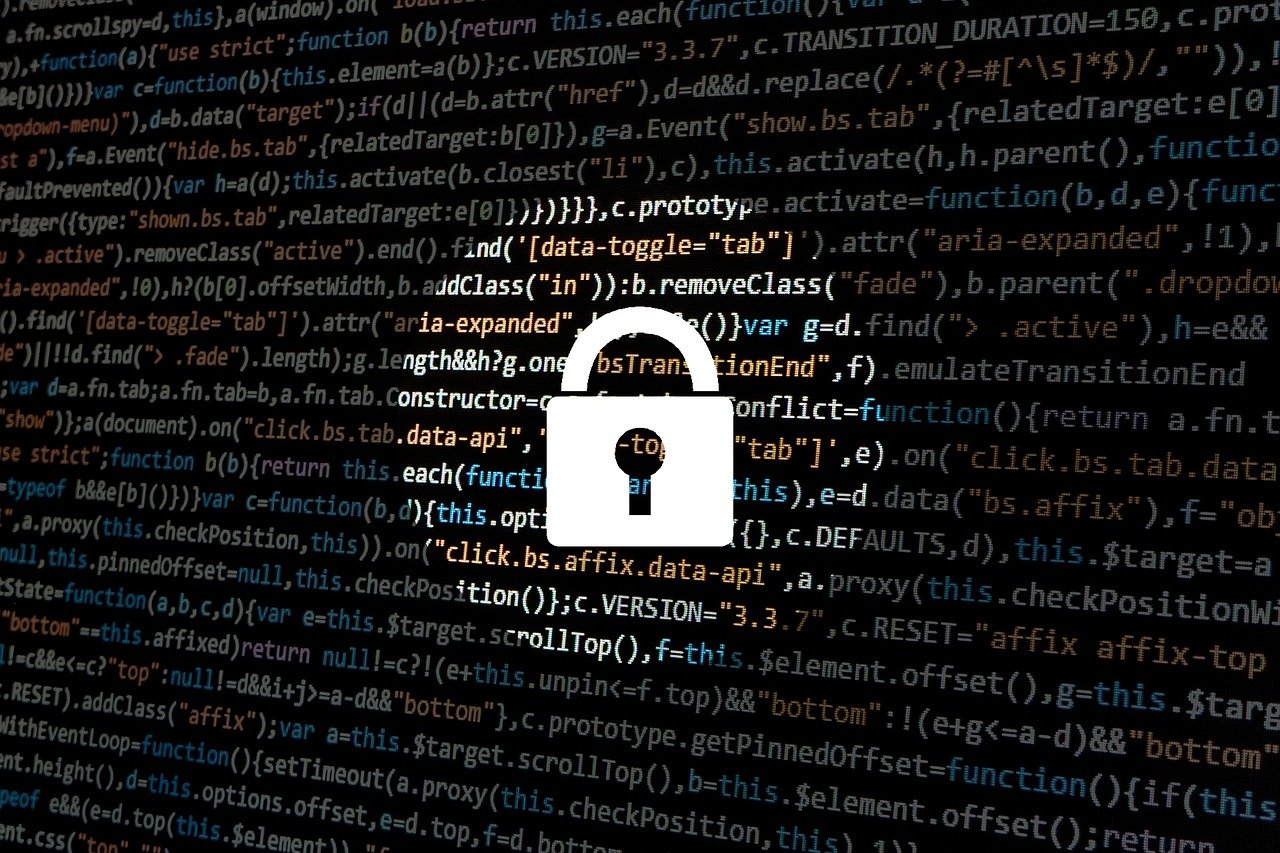
Let us think that it is the year 2050 and that passwords are a thing of the past, possibly some young relative questions us how we protected our devices in the past, we would logically answer that through passwords, these being an alphanumeric combination. With this very possibly the least question us with the following question:
Why did passwords go extinct? The answer is simple: biometrics and digital certificates.
The challenge with passwords
Let's not get too far ahead of ourselves. Instead, let's go back to 2022.
These days, having too many passwords is a hassle, let alone creating and remembering strong passwords that meet specific requirements. According to the Dell Technologies Biometric Usage Study, regularly creating, remembering, and changing passwords is considered a nuisance by 62% of people. Furthermore, it was found that when users around the world were presented with a long and difficult password to access a computer under time pressure, their stress increased by 31% in five seconds and continued to increase even after users logged on. session correctly.
These results reinforce that, for most of us, good password hygiene is not a priority; it is, instead, a nuisance. Whether it's reusing the same password repeatedly, using weak passwords, or writing them down on a sticky note, many of us are doing exactly what we've been told not to do. To increase security, organizations often require employees to update passwords regularly and adhere to minimum requirements for creating strong passwords. However, this does not prevent employees from engaging in security-compromising behavior for convenience.
Worryingly, these behaviors are not reserved only for adults. Another study reveals that students have explored what they know about passwords and how they use them. The findings showed that younger students learn and understand password best practices, but still misbehave when it comes to executing those best practices. Once children enter their teens, the study revealed that many begin to share passwords to build friendships and trust.
So if most people understand the importance of good password hygiene but no one feels compelled to practice it, where do we go from here?
Use of biometrics
The idea of using biometrics to identify an individual is centuries old. There is evidence that fingerprints were used as a mark of a person as early as 500 BC. and that biometric technology existed for several decades before. However, it wasn't until the early 2000s that this technology really started to appear on end-user devices, and by now most people are familiar with using biometrics to unlock their devices and Applications. What seemed like a novelty just a few years ago when we first saw people simply look at their smartphones to unlock them has become commonplace.
As biometrics continue to gain popularity as a convenient and secure way of automatically recognizing users, the traditional password will become much less attractive to consumers and corporations alike. Additionally, the technology that enables biometrics continues to advance with better sensor technology and the use of AI-based matching algorithms. This results in a better user experience while improving the security model.
Advanced device security features such as fingerprint readers and facial recognition are now available on multiple devices and used as part of a multi-factor authentication solution.
But we may be wondering, why is the use of biometrics more secure than passwords? Passwords are a string of characters that a website or service validates to allow a user access. Strong passwords are designed to be difficult to guess or replicate, but even the most complex passwords can be stolen or compromised. To secure user identities, the use of multi-factor authentication is increasingly necessary for user access.
Some companies are taking leaps and bounds and are taking the use of biometrics to a second level. In the year 2020, there was talk of a project that aims to be able to identify people through their heart rate, this being different in people.
There's a long way to go before passwords are obsolete, but as biometric technology becomes more sophisticated and more widely adopted, it's only a matter of time before we can happily forget about remembering complicated passwords without compromising security. Meanwhile, we can take advantage of the benefits of a password manager to create strong passwords and store them in a safe place as well as use multi-factor authentication.



